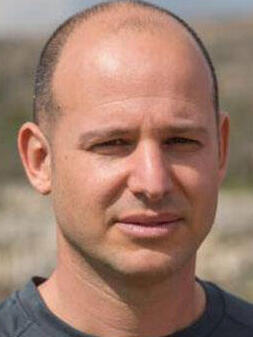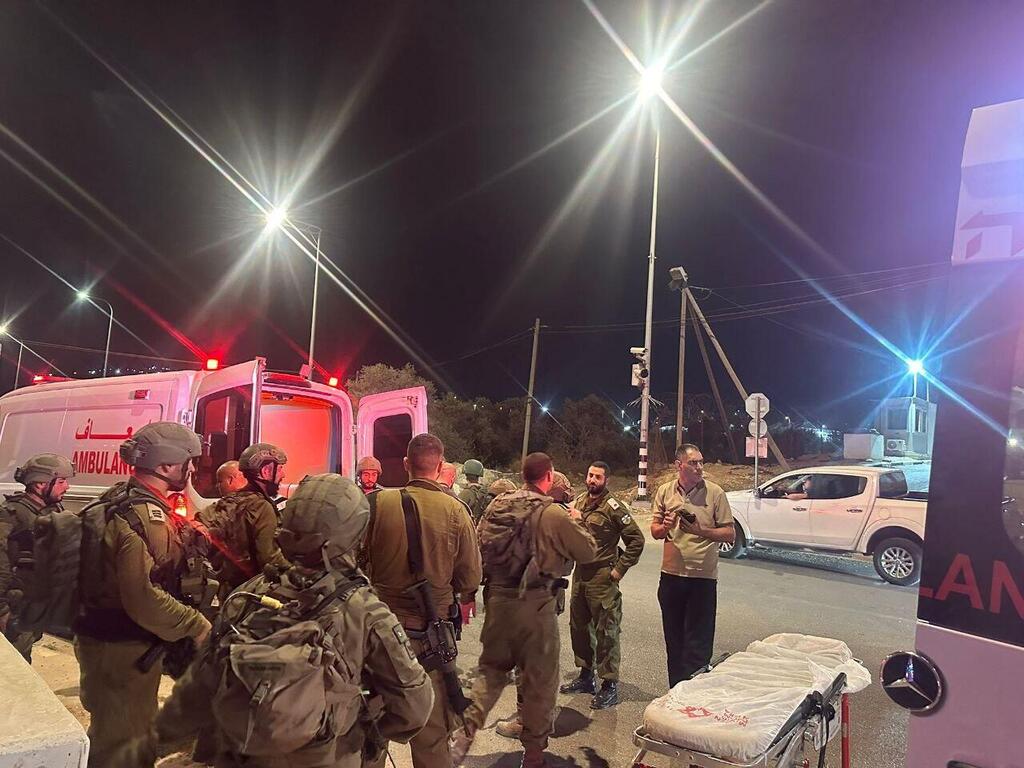Getting your Trinity Audio player ready...
Another intifada or raid on West Bank settlements doesn't have to happen to indicate an escalation, it is already happening. Despite the previous ten months of the IDF's Central Command trying to reshape the West Bank with arrests and airstrikes against terrorist targets, not returning to the status quo before October 7, the situation is becoming increasingly tense. A knife became a machine gun, a Molotov cocktail became an IED.
When talking about the Iranian axis, people tend to forget the West Bank. The reality is that the "battalion" model is spreading throughout the region. The eastern border is becoming increasingly active with weapons being smuggled across the border into the West Bank. IEDs and arms can appear at any time.
The IDF's tactical operations in the West Bank serve to maintain stability between terror attacks, while the country faces a "war between wars," similar to the Air Force's engagements on multiple fronts. This war is a "war between terror attacks."
There are weapons, terrorists and Iranian involvement in the region to escalate the security situation. The government's lack of strategic decisions regarding the West Bank strengthens terrorism. Tactical operations are ultimately mere tactics. What would we tell ourselves if there's a terror attack in West Bank settlements after the war ends?
The weapons keep flowing
The lack of strategic goals erodes tactical achievements. Like the recurring assassinations throughout the Middle East, terrorists are being eliminated in the refugee camps. The weapons keep flowing into the West Bank. The slain terrorist will be replaced by another. And the terror continues. It would be a mistake to think that an escalation in Israel necessarily means an intifada or a series of severe attacks.
The rate of consolidation and arming of the terrorist battalions, along with the fact that there is no reality in which terrorists abandon terrorism, leads to the conclusion that the IDF operates in the West Bank in structured cycles. The IDF arrests suspects every night, terror attack, hunt the terrorist down, catch the terrorist, destroy his house, receive intelligence on his friends, enter refugee camps, more arrests, another terror attack and the cycle never ends.
It seems impossible to reach the last AK-47 in the West Bank just as it seems in the Gaza Strip. After this strategy failed in the south and the north, we must not repeat the same mistake in the West Bank. What have we gained if the region remains unchanged after the war?
The terror scene in the West Bank proves the escalation. The Jordan Valley is an excellent example of this. In recent years, the valley has become a hotbed of deadly terrorism. In terms of shooting attacks, the region reminds the defense establishment of Hebron in 2015-2016. The IDF's response to this escalation is increasing the pressure on additional terror strongholds such as Jenin and Tulkarm.
 Elisha Ben Kimon
Elisha Ben KimonReality reveals to us that terrorism is difficult to define, it is difficult to isolate it and eliminate it. The concept in the West Bank must have a policy. The Central Command chief knows what to do in the face of terrorism. Even in his last position as commander of the West Bank Division, he coined the term "reshaping reality." Is reshaping reality just a tactical maneuver? Reshaping reality is reflected in strategy, in a political decision. Annex and declare sovereignty? Dismantling the Palestinian Authority? Going to a political agreement? What do we do?
The absence of decisions solidifies the existing situation. Don't wait for an escalation in Israel, which will come in the form of an intifada or a mass infiltration of West Bank settlements. The escalation is already happening. By the time we see an intifada, God forbid, it will already be too late.




